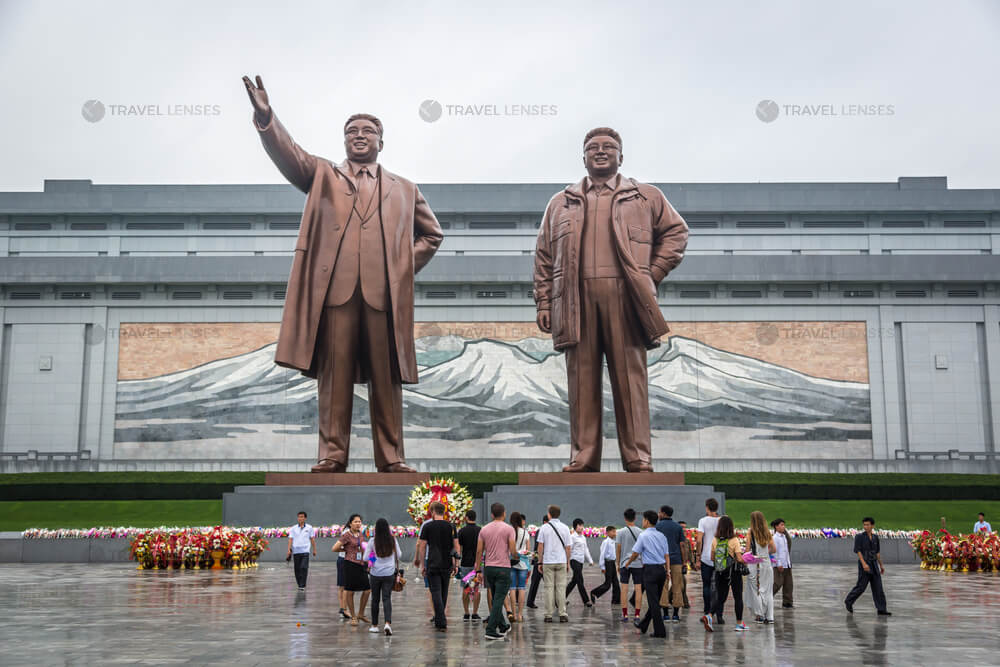
Owing to the high risk of imprisonment and long-term detention, the United States government has decided to ban tourism and restrict travel to North Korea. This is the first in a decade that the USA State Department has moved to ban travel to a country. The last time such a travel ban was imposed was in the 1990’s during Saddam Hussein’s reign in Iraq.
This travel ban has been imposed due to the currently strenuous political relationships between USA and North Korea. Following the death of University of Virginia student, Otto F. Warmbier after a long torturous detention and nuclear attack threats from North Korea – the State Department has moved to take precautions to protect their citizens in the foreign country.
Also read – Otto Warmbier dies after 4 days after returning from North Korea in a comatose state
However, certain state personnel and journalists could still apply for special permission to travel to North Korea on a US passport. Talking about the travel ban in a press statement on July 25, Susan A. Thornton, Acting assistant secretary of the Bureau of East Asian and Pacific Affairs said, “We seek to prevent the future detentions of U.S. citizens by the North Korean regime to avoid another tragedy like that which Otto Warmbier and his family endured.”

For years, Americans have been free to travel to politically turbulent countries including, war torn Afghanistan, Cuba (limited to certain individuals) and most of Saudi Arabia. However, in times such as these, the USA State Department has never refrained from imposing travel bans to protect interests of their citizens. During the Cold-War era, all USA passports were amended to include a clause which stated that holders were barred from traveling to the Soviet Union, China and all Warsaw Pact countries, without special permission. Over the years, USA also laid a ban on travel to Libya, Iran and Lebanon – which were subsequently lifted.
Apart from imposing travel bans, the US State Department also issues warnings of security threats to it’s citizens in various countries through it’s social media platforms, websites and emails.
Responding to the travel ban, Han Chol-Su, Vice Director of Wonsan Zone Development Corporation, told Agence France-Presse in Pyongyang, “If the US government says Americans cannot come to this country, we don’t care a bit.”
Photo credits – Shutterstock




